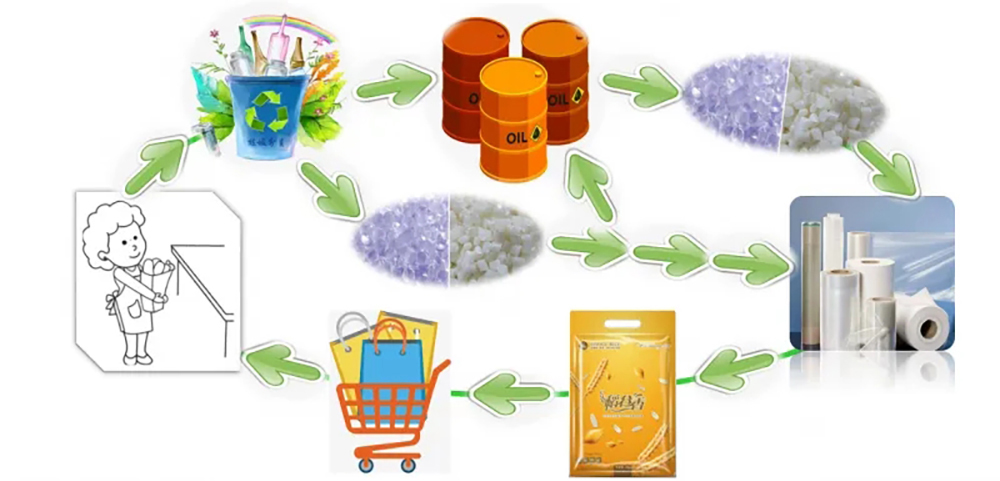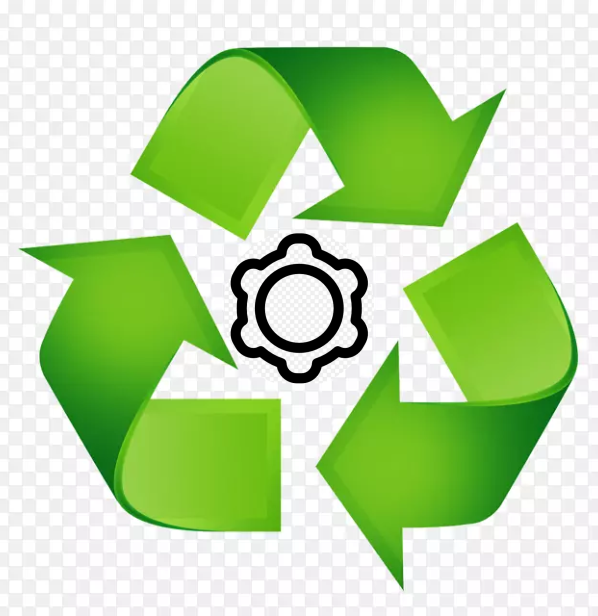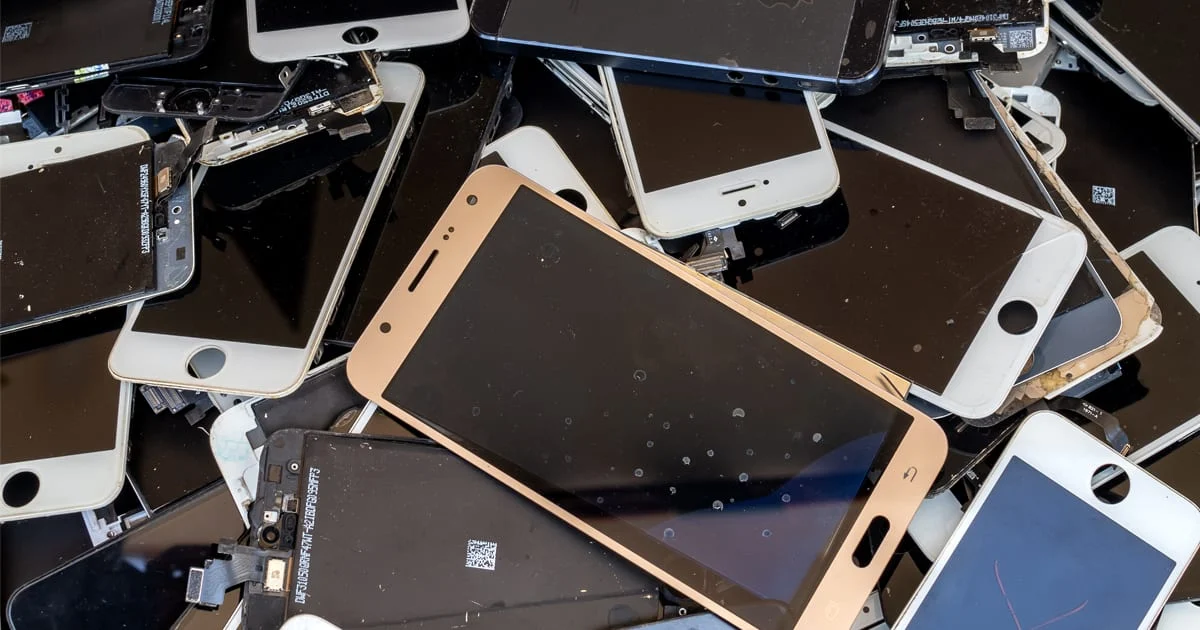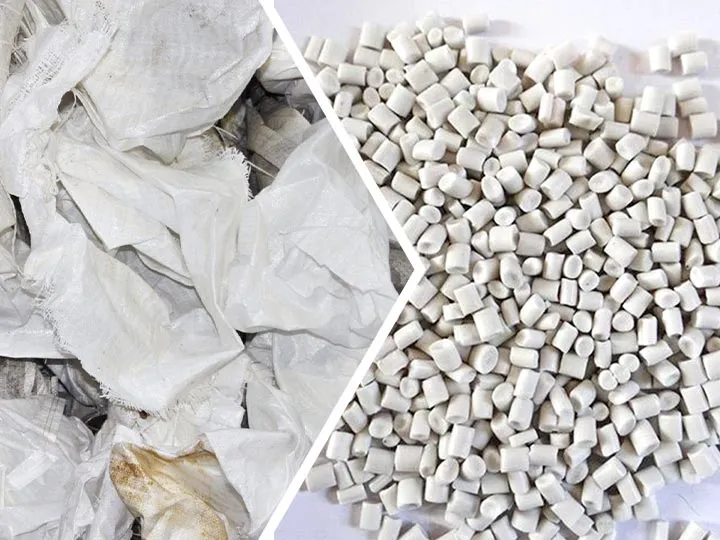· 2 min read
Do you know what use of waste plastics?
Recycling waste plastics is essential for mitigating environmental pollution, especially "white pollution." This article highlights the various ways waste plastics can be repurposed to contribute to a more sustainable future.

Plastic is a polymer synthesized by artificial polymers and is a relatively new industrial material. Together with steel, wood, and cement, plastics form the four basic materials of modern industry. It plays an important role in the national economy. Because of its light weight, corrosion resistance, high strength, easy processing, beautiful appearance, bright color, and other properties, and energy saving during production and use, it is widely used in industry, agriculture and people’s daily life.
Plastics bring convenience and benefits to people’s lives and production, but also generate a lot of pollution. According to statistics, about 70% to 80% of the total plastics in plastics will be converted into waste plastics within 10 years, and 50% of them will be converted into waste plastics within 2 years. These waste plastics are randomly discarded and improperly disposed of, causing great harm to the environment. People call it “white pollution.” In order to prevent and control “white pollution”, we must increase publicity and propose some preferential policies, and call on all citizens to actively take measures to jointly govern.
In terms of the environment, due to packaging materials such as household appliances, industrial instruments and meters, disposable snack boxes and beverage cups in daily life, other plastics, etc. are used as waste plastics after being used up. These waste plastics are bulky, light, and non-perishable. It is not easy to decompose, and it can be seen in the urban environment, along with the roads, rivers and tourist attractions, and the situation of “white pollution” can be seen everywhere. Therefore, the recycling of waste plastics is very necessary.
Uses of Recycled Waste Plastics:
- Fuel Recovery: Convert waste plastics into fuel oil.
- Waterproof Enamel Gel Production: Process waste plastics into glue.
- Chemical and Pharmaceutical Materials: Use chemical reactions to transform plastics into valuable materials.
- Resin Glue and Coatings: Create products like waterproof coatings and anti-rust paint.
- Aluminum-Plastic Separation: Separate recycled plastic and waste aluminum.
- Fireproof Decorative Boards: Manufacture fireproof and waterproof boards.
- Recycled Particles: Reprocess into recycled plastic particles.
- Plastic Woven Bags: Produce woven bags to solve ecological problems and generate income.
 PlastRec
PlastRec

